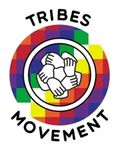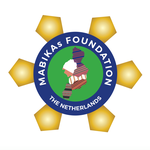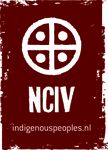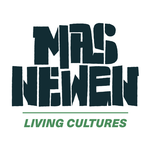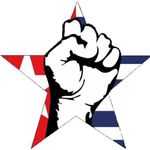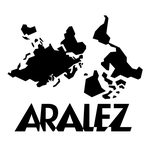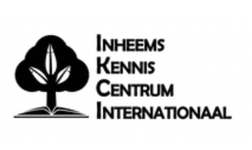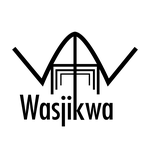In relation to Indigenous Liberation Day on 12th October, we are gathering different Indigenous perspectives on the themes of genocide, ecocide, legal rights, migration and belonging, and cultural identity. Would you like to meet, network, and engage in dialogue on these themes with Indigenous organisers and solidarity organisations? Please feel invited to join us. During the evening, we will host various round-table dialogues in a “World Café” format, where participants can converse on the aforementioned subjects, explore how to organise in solidarity, and foster better understanding and awareness. Before entering into dialogue circles, we will open with with music. Below, you can find more information on the central questions for the different dialogue tables. During the event, you are welcome to join multiple tables and connect with like-minded people and organisations.
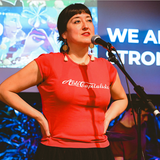
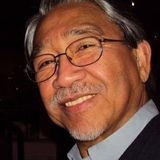
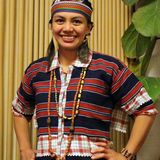
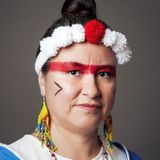
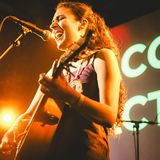
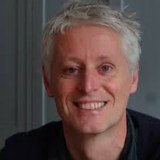
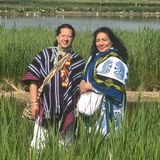

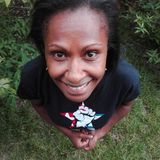

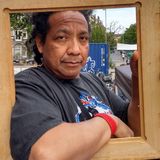
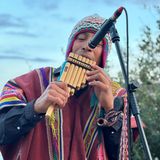
Round-table conversations:
Table N1: Ending Indigenous Ecocide/Genocide
How can we understand the process of ecocide/genocide through an Indigenous lens? And in what way does the military complex play a role in facilitating this colonial erasure, extraction economy and neo-colonialism? Meet organisers Maria Derey from Free West Papua Campaign NL and Chihiro Geuzebroek from Aralez & Indigenous Dreams.
Table N2: Legal rights and position of Indigenous Peoples worldwide
What is the legal position of Indigenous People in law? How are they or are they not recognised in law as caretakers of Mother Earth? How can we better translate their right to self-determination in national and international law? Meet Leo van der Vlist from Nederlands Centrum voor Inheemse Volkeren and Cesar Taguba from MABIKAS foundation.
Table N3: Migration, belonging and living together from Indigenous perspectives
How can we re-imagine our sense of belonging to the earth and each other in community from Indigenous perspectives? And how can we re-shape the way we look at migration and its racialised policies in Europe when moving from other value systems? Can these perspectives provide alternative visions for the current far right ideologies that are becoming dominant? Meet Myra Colis from MABIKAs foundation.
Table N4: Preserving Indigenous language, culture and identity
Come join us in a musical jam and creative writing session. In this workshop we will be creating a new song together about culture, language and identity. You are welcome to bring your own instruments, talents and ideas to share with the group. At the end of the program, we will have the chance to share our song with the rest of the World Cafe. Meet Leander Vermaning from Wasjikwa, Jeike Meijer from Aralez and Victor Bottenbley and Sherlien Sanches from Stichting Inheems Kennis Centrum Internationaal who will be facilitating the session.
Table N5: Towards territorial economies of care and self-determination
Many products enter the market through the theft of Indigenous land and resources, what would a just system of trade look like that is in service of ancestral territories, their cultures and future generations? And how can we strengthen local communities in ethical ways? Meet Jorge & Juliana from Tribes Movement and Eduardo Caceres Salgado from Mas Newen.


